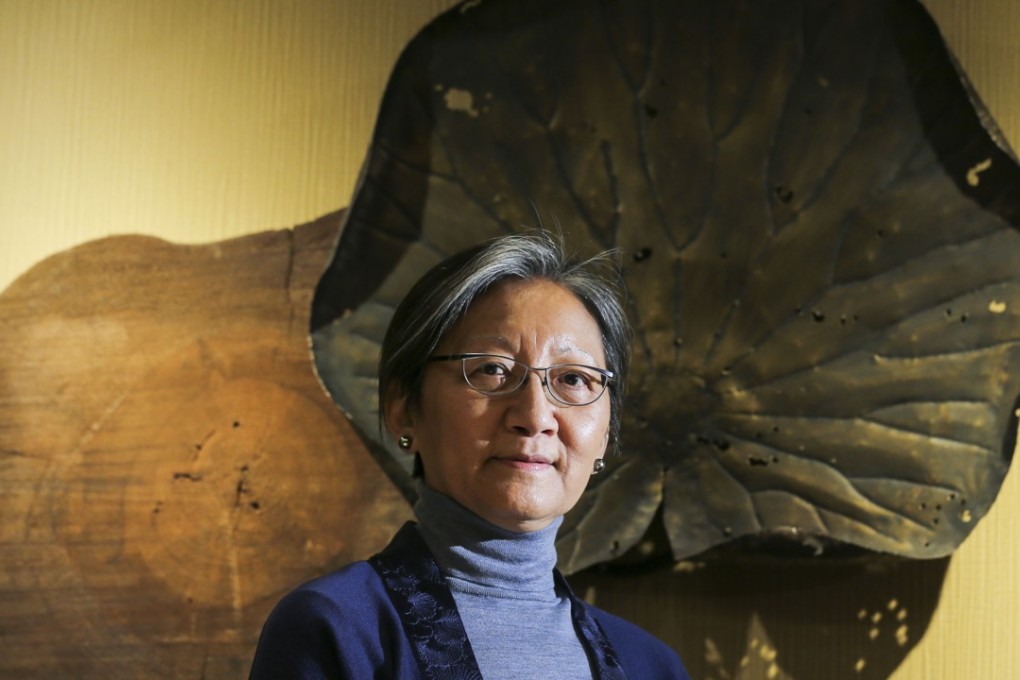Former Hong Kong professor sold flat and car to fund legal case against Chinese University
Julie Yu Hung-hsua, 62, calls for academic integrity after school reverses grades for MBA students to allow them to graduate

Retired professor Julie Yu Hung-hsua has sold her car and her flat to pay legal fees for court appeals stretching almost three years, over a case where Chinese University reversed failing grades she gave to four MBA students.
Yu, 62, is now appealing to the university’s incoming vice-chancellor to grant justice and uphold academic integrity. Biotechnology scientist Rocky Tuan Sung-chi will succeed Joseph Sung Jao-yiu as head of Chinese University in 2018.
“I sincerely hope that he, in this leadership role, will look into my case as soon as possible to make the grade appeal process transparent and put in checks and balances,” said Yu, a former associate professor of marketing who retired in 2015 after 27 years of teaching.
Showdown at Chinese University campus over posters and politics
In 2014, Yu failed four students in their MBA course, but the university’s examination panel still allowed them to graduate after they filed a complaint.
She said she had spent “millions of dollars”, and sold her flat and car, to bring the university to court three times to answer for its actions.
“I was kept in the dark throughout the entire process, even though I kept asking about the status of the grade appeals on a weekly basis,” Yu said.
The students had obtained a D+ from Yu for a compulsory marketing course, over their substandard performance in practical and written assignments.
In response to their complaints, Yu had explained the marking process to the students with a table showing data on their attendance and class contributions. The four appealed to the university after Yu refused to change their grades and allow them to pass.